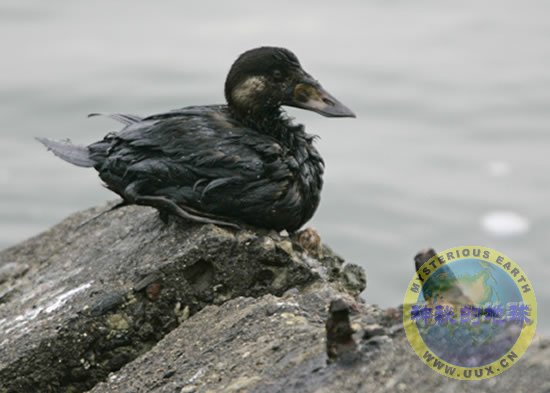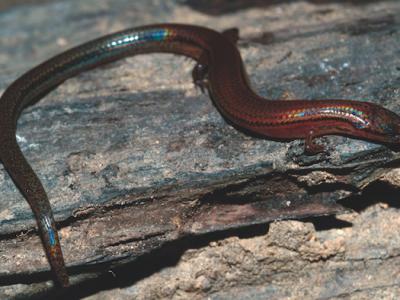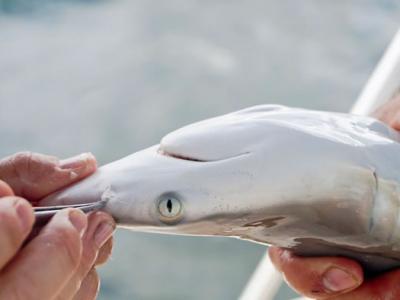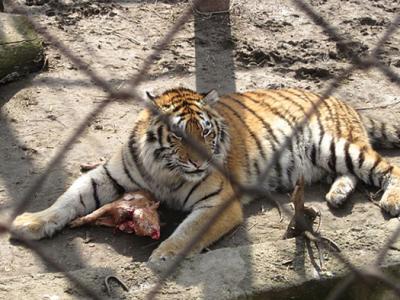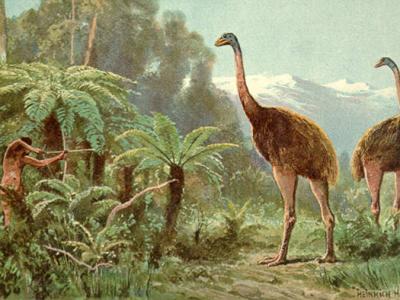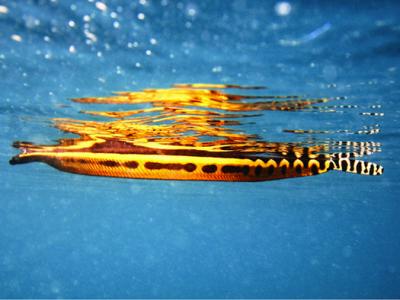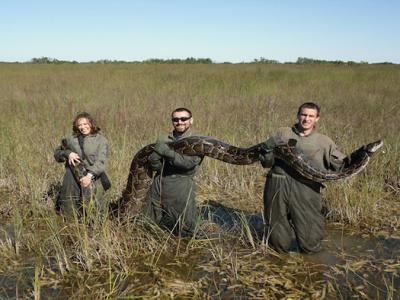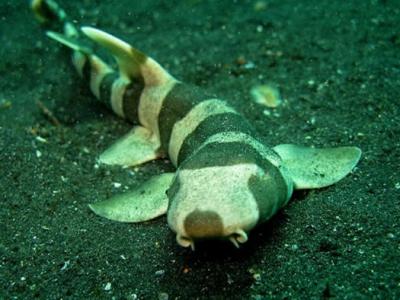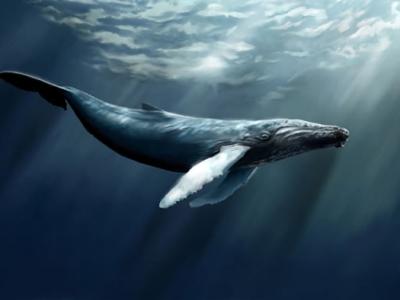San Francisco Oil Spill Threatens Wildlife
An oil-covered bird takes refuge Thursday on the shore at Fort Baker, which is near Sausalito, California.
Ribbons of oil were spreading through the San Francisco Bay this week after a container ship spilled 58,000 gallons (220,000 liters) of the heavy fuel on Wednesday.
Terence Chea in San Francisco
Associated Press
November 9, 2007
Dozens of dead and injured seabirds found coated in black goo are the most visible victims of a 58,000-gallon (220,000-liter) oil spill in the San Francisco Bay that scientists say could threaten wildlife for years.
The spill fouled miles of coastline, sending environmentalists scrambling Thursday to save the bay's birds, fish, invertebrates, and marine mammals.
"The effects of the oil spill could persist for months and possibly years," said Tina Swanson, a fish biologist with the Bay Institute.
Meanwhile questions persisted about why the Coast Guard took so long to report the scope of the spill.
The Spill
The oil spilled from a South Korea-bound container ship when it struck a tower supporting the San Francisco-Oakland Bay Bridge in dense fog Wednesday.
The accident did not damage the span, but the vessel's hull was gashed, officials said.
Tides carried a plume of heavy fuel beneath the Golden Gate Bridge and into the Pacific Ocean.
By Thursday afternoon, oil had been sighted about 15 miles (24 kilometers) north of the city, and at least eight beaches in San Francisco and Marin County were closed.
The Birds
Wildlife rescue workers and volunteers combing beaches have found dozens of dead and injured seabirds coated in black oil, said Michael Ziccardi, director of the California Oiled Wildlife Care Network.
Ten to 15 teams were to be dispatched Friday to search for more.
More than 30 oiled birds, mostly surf scoters that live on the water's surface, were taken to a mobile treatment center in San Francisco's Fort Mason, Ziccardi said.
Most will be taken to a wildlife care center to be cleaned and rehabilitated before being released into the wild.
The oil seeps into the birds' skin, leaving them unable to maintain their body temperature, he said. Once covered in oil, the birds are forced to move ashore where they are at risk of starvation.
Wildlife officials are concerned that the region's sea lions and harbor seals could also be affected, though there were no confirmed reports Thursday of injured marine mammals.
The Fish
The oil spill is bad news for the region's fish and fishers.
Herring, the bay's only commercially fished species, spawn at this time of year, and the spill could affect the fishing season that begins in January, said Zeke Grader, who heads the Pacific Coast Federation of Fishermen's Association.
The spill could threaten steelhead and chinook salmon that travel through the bay to spawning grounds in the Sacramento and San Joaquin rivers during the fall, Grader said.
Scientists also are worried about the spill's effect on the longfin smelt, whose population has reached record low levels this year. In August, environmental groups petitioned state and federal agencies to list it as an endangered species.
"This is exactly the kind of event that can push a species into extinction," said Swanson, of the Bay Institute.
The Coast Guard
As scientist worried about the future of the region's wildlife, authorities questioned the Coast Guard's response in the hours after the spill.
More than 12 hours after the incident, Coast Guard officials were still saying just 140 gallons (530 liters) had leaked, according to Mayor Gavin Newsom, who said the city would consider legal action against anyone found liable.
"We would have responded differently if we had accurate information from the get-go," Newsom spokesman Nathan Ballard said.
City workers, for instance, would have initially laid more boom lines to contain the oil, he said.
Sen. Barbara Boxer also criticized the Coast Guard's response in a letter sent Thursday to Commandant Adm. Thad W. Allen, saying she was "very troubled by the Coast Guard's delay in delivering accurate information to the public and the city of San Francisco. Many questions remain as to why it took an entire day to determine the gravity of this spill."
Coast Guard Capt. William Uberti, captain of the Port of San Francisco, said Coast Guard personnel knew the full extent of the spill by around 4 p.m. PST. He rejected any suggestion that the crews could have contained the spill more quickly.
"We mobilized as if it was a big spill right away," said Uberti.
Some 9,500 gallons (36,000 liters) of fuel were recovered, and 18,000 feet (5,500 meters) of booms were in place by Thursday afternoon, the Coast Guard said.
Authorities were still investigating the cause of the crash.
___ Associated Press writer Scott Lindlaw contributed to this report.
Copyright 2007 The Associated Press. All rights reserved. This material may not be published, broadcast, rewritten, or redistributed.
